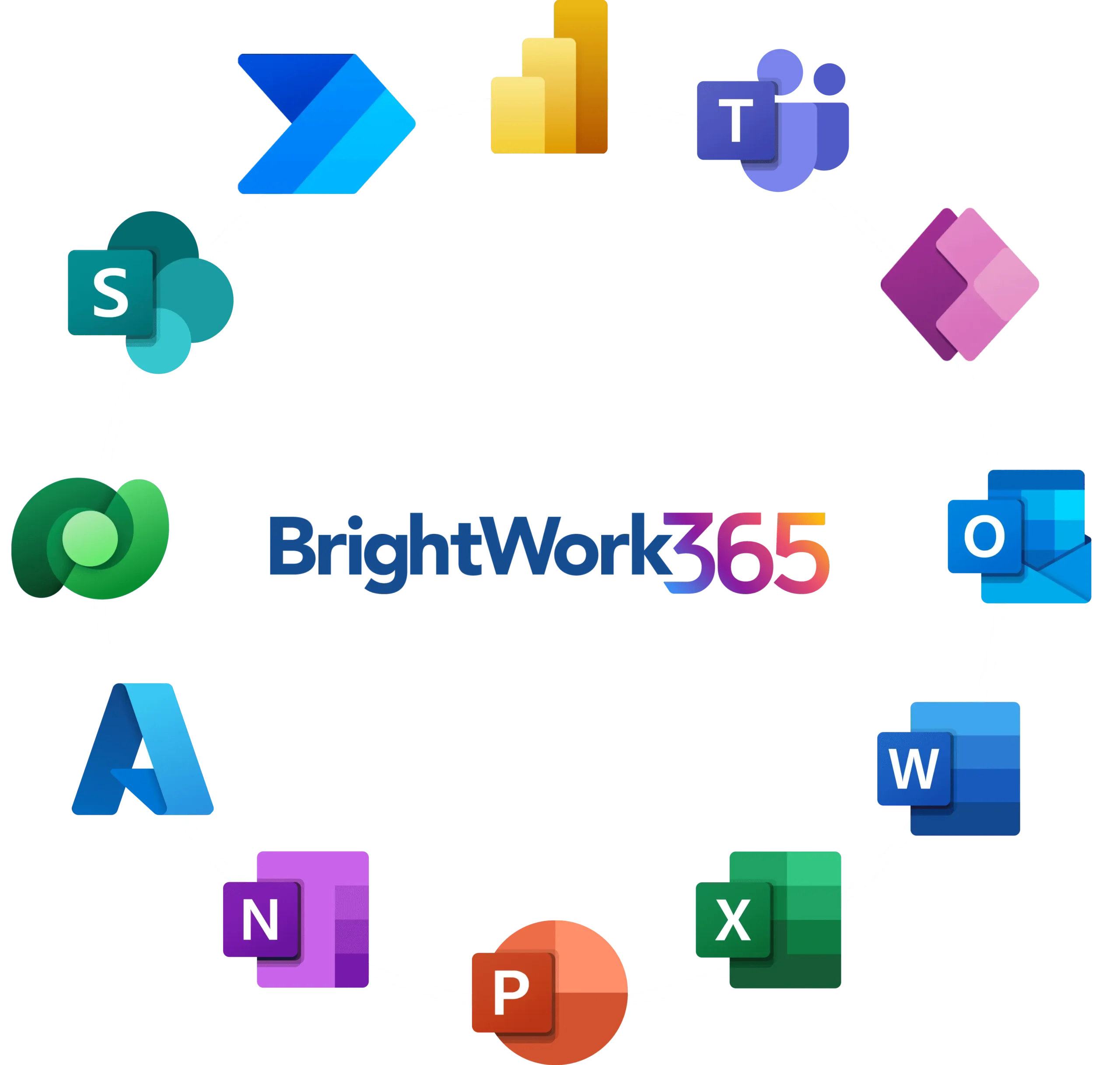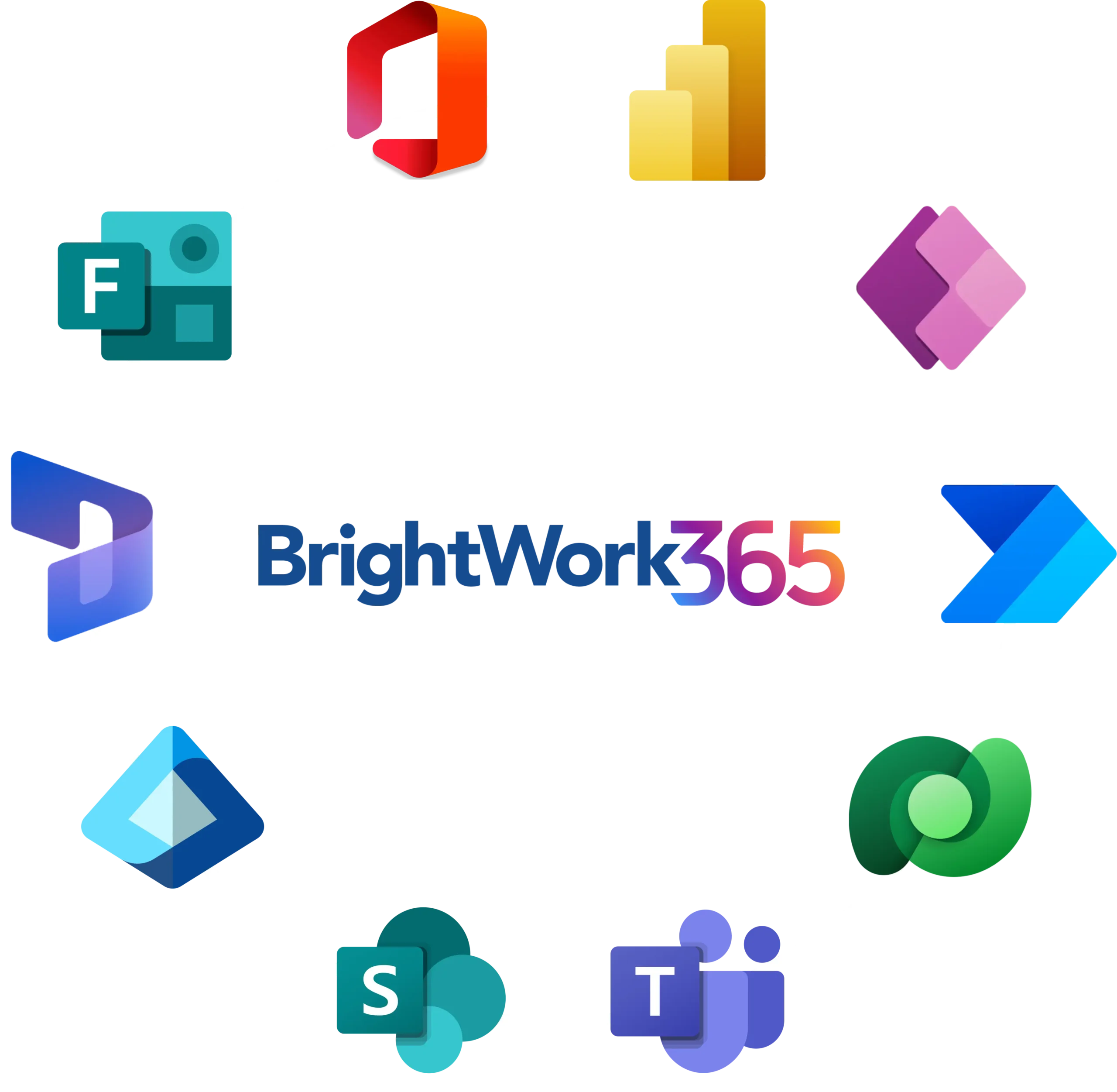What is Project Iteration?
Project iteration refers to dividing a large project into smaller, manageable parts, executed, reviewed, and refined cyclically until the project’s goals are achieved. Central to agile methodologies, this approach emphasizes incremental development and continuous improvement.
What are the Different Stages of Project Iteration?
Project iteration significantly promotes flexibility, risk management, and the steady provision of value.
It involves breaking down a project into smaller segments (iterations) developed in specific cycles, including planning, analysis, design, implementation, and testing phases.
These iterations are timeboxed, often lasting one to four weeks, and conclude with delivering a working product component for subsequent enhancement.
- Planning – Project managers outline the iteration goals, define the requirements, and create a detailed project plan to guide the team, including task assignments and deadlines.
- Analysis – The team analyzes project requirements, identifies dependencies and potential risks, and gathers relevant information to understand the upcoming iteration’s objectives clearly.
- Design – In this stage, the iterative design process is employed to create detailed plans, prototypes, or models that will be used to guide the development of the product component.
- Implementation – Development teams work on coding and constructing the product component, following the iterative development and incremental approach to achieve the iteration’s objectives.
- Testing – Before proceeding to the next iteration, the newly developed product component undergoes rigorous testing to identify defects or issues and ensure it meets the defined acceptance criteria.
Manage Projects with Microsoft 365, Power Platform, and Teams
Collaborate seamlessly from anywhere, with BrightWork 365 and Microsoft Teams

What are the Benefits of Project Iteration?
Project iteration provides various advantages, enhancing flexibility, risk management, and stakeholder engagement, all while fostering continuous improvement and better project outcomes.
Flexibility and Adaptability
Project iteration allows for flexibility and adaptability. Changes can be easily incorporated as the project progresses through iterations without disrupting the entire project. This adaptability is particularly beneficial in dynamic environments where requirements often change.
Risk Management
Project iteration promotes risk management. Breaking down the project into smaller parts makes it easier to identify and address risks early on. If a problem arises in one iteration, it can be resolved before it affects the rest of the project.
Continuous Improvement
Continuous improvement is a crucial benefit of project iteration. After each iteration, the team reviews the work done, identifies areas for improvement, and incorporates feedback into the next iteration. This fosters a culture of continuous learning and improvement, leading to better project outcomes.
Enhanced Team Skills
Project iteration enhances the team’s skills and capabilities. In each iteration, team members work on different tasks, learning new skills, applying various techniques, and gaining diverse experiences. This not only improves performance but also contributes to their professional growth.
Stakeholder Engagement
Project iteration facilitates stakeholder engagement. Each iteration delivers a working product or part of it, allowing stakeholders to see progress and provide feedback. This iterative feedback loop ensures the project aligns with stakeholders’ expectations and incorporates their inputs promptly.
Building Trust and Collaboration
Regular stakeholder engagement helps build trust and foster collaboration. It involves stakeholders in the project’s decision-making process, addressing their concerns and suggestions. This leads to better project outcomes and higher stakeholder satisfaction.
How Does Project Iteration Work in Project Management Software?
Project portfolio management software is integral to managing project iterations, offering tools for effectively planning, executing, tracking, and reviewing iterations.
Task Management
Task management in project portfolio management software supports project iteration by allowing project managers to create tasks, assign them to team members, set priorities, and track progress. This ensures tasks are completed on time and aligned with project objectives.
Progress Tracking
Project portfolio management software facilitates progress tracking, enabling project managers to monitor each task’s status, identify bottlenecks, and take corrective actions as needed. This helps maintain the project’s momentum and ensure the timely completion of iterations.
Risk Management
Risk management features in project portfolio management software enable project managers to identify, assess, and mitigate risks. By proactively managing risks, project managers can prevent issues from escalating and affecting the project’s success.
Reporting and Analysis
Project portfolio management software provides robust reporting and analysis tools. Project managers can generate reports to analyze each iteration’s performance, make informed decisions, and steer the project in the right direction.
Stakeholder Communication
Project portfolio management software facilitates effective stakeholder communication. Regular updates and reports ensure stakeholders are informed about progress, risks, and changes, fostering trust and collaboration throughout the project lifecycle.
Resource Allocation
Resource allocation is another critical feature. Project managers can efficiently allocate resources based on task priorities and project requirements, ensuring optimal utilization of team capabilities and timely completion of iterations.
Feedback Integration
Project portfolio management software supports feedback integration, allowing teams to incorporate stakeholder and team feedback into subsequent iterations. This iterative feedback loop ensures continuous improvement and alignment with project goals.
Iterating Towards Success in Project Portfolio Management
Project iteration is a vital approach within project portfolio management, enabling the effective handling of large and complex projects. This methodology allows project managers to adapt to changes, manage risks, and deliver consistent value.
Project managers can efficiently plan, execute, manage, and refine iterations by employing project portfolio management software, leading to superior project outcomes. This software provides essential tools for task management, progress tracking, risk management, and stakeholder communication.
This guide offers comprehensive insights for project managers aiming to enhance their practices or stakeholders seeking to grasp the significance of project iteration.
The essence of successful project iteration lies in continuous improvement, active stakeholder engagement, and the strategic use of project portfolio management tools.
Manage Projects with Microsoft 365, Power Platform, and Teams
Collaborate seamlessly from anywhere, with BrightWork 365 and Microsoft Teams.
